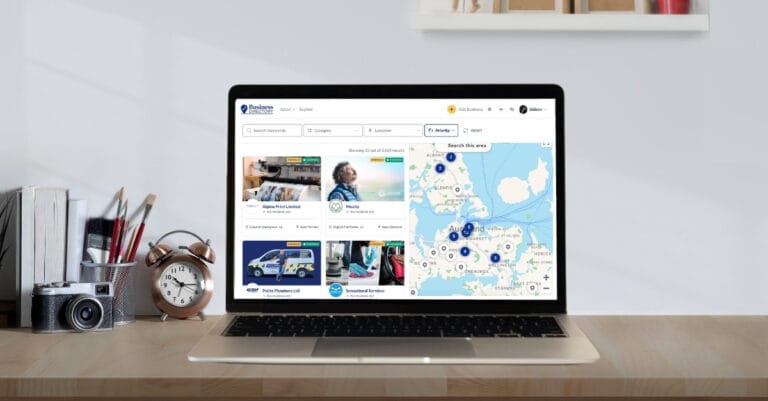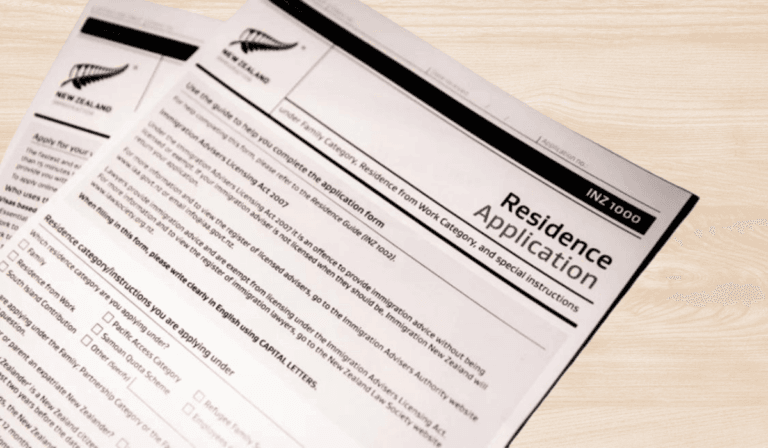The concept of work has evolved beyond the conventional 9-to-5 job routine. Particularly in New Zealand, the freelance economy is booming, with individuals embracing freelancing to redefine success, work-life balance, mental health, and personal growth. According to Adam Shapley, Managing Director at Hays, more than 30% of New Zealand’s workforce is now a temp, contractor, or freelancer.
What does the term “freelancer” mean in today’s era of digital transformation and the “gig economy”?
Who is a Freelancer?
A freelancer is a professional who operates as a self-employed individual and offers their services to one or more clients, usually on a project-by-project basis. Most freelance work receives payment based on output rather than hourly.
Since the outbreak of COVID-19, many people have found remote work or “work from home” arrangements attractive options. Freelancing is an increasingly popular career choice due to its flexibility, autonomy, and potential for higher income compared to traditional employment.
Why Freelancing? The Allure of Autonomy and Flexibility
This work mode stands out for its unparalleled autonomy and flexibility. It allows individuals to dictate their schedules, choose their projects, and set their rates.
As one local freelancer puts it, “Working as a freelancer from my home in Wanaka is truly a blessing. I feel so lucky to be able to take a glance away from my computer screen and see the stunning lake out the window while also keeping an eye on my 7-month-old baby girl sleeping peacefully in her cot.”
It allows professionals to integrate work with their daily lives better if managed correctly.
Meeting Market Demands
New Zealand’s economy is rapidly evolving, with a strong emphasis on innovation and entrepreneurship. This shift towards innovation has made freelance work increasingly vital across sectors such as digital marketing, IT, graphic design, creative services, and more.
In the past year, more and more local businesses have engaged freelancers for their flexibility and specialised skills. This was mainly due to their unique expertise and flexibility, highly valued in the current business landscape, and the ease of engaging a freelancer’s services compared to employing contract workers or permanent staff.
The growing emphasis on freelancing fosters a culture increasingly reliant on freelance workers. From startups to established corporations, businesses are increasingly seeking freelancers for their flexibility and adaptability. This trend has created a wealth of opportunities across sectors, providing diverse skill sets and fresh perspectives for businesses to leverage.
Challenges vs. Rewards: The Dual-Edged Sword of Freelancing
Freelancing allows individuals to work independently, but self-employment also presents some challenges. These challenges may include an irregular income, the requirement for self-discipline, and the isolation that comes with working from home. Nevertheless, the advantages of freelancing can easily outweigh the negatives with a good balancing system in place.
Freelancers often derive satisfaction from building a diverse portfolio and the potential for higher earnings. A freelance graphic designer based in Christchurch says, “Every project brings a new challenge, but that’s what I love about freelancing, as there is always something new, something different, and that keeps me going.”
Kickstarting Your Freelance Career in New Zealand
The freelancing field can be highly competitive, with several other qualified freelancers often bidding for the same jobs. Therefore, learning how to stand out from the crowd is crucial. If you want to embark on your freelance journey in New Zealand, you need to have a mix of passion, preparation, and the right platforms.
Below are some essential tips to help you set yourself up for success:
1. Identify Your Niche
If you want to stand out as an individual operator, you must take the time to identify your passions and the specific skills you possess. By doing so, you can effectively channel your efforts towards the areas where your strengths lie, whether in writing, design, coding, consulting, or any other specialised field. By leveraging your unique combination of passions and skills, you can set yourself apart from the competition and establish yourself as a valuable asset in your chosen profession.
2. Build Your Brand
Creating a solid online presence is crucial. This may involve developing a professional website to showcase your portfolio and actively participating on social media platforms where potential clients can discover your work.
3. Join Freelancing Platforms
Create a profile on local freelance platforms. These platforms, like Upwork or Freelancer.com, can significantly increase your visibility to potential clients searching for your skills. Modern Kiwi outsourcing platforms like Needed are especially valuable in the New Zealand market, connecting freelancers with businesses seeking to tap into local talent.
To find freelance jobs, think of your profile as your digital shopfront to highlight your best work, showcase clients’ reviews, and brilliantly display your productised services, ready for immediate sale.
4. Network Effectively
Utilise platforms like LinkedIn to connect with industry peers and potential clients. Don’t underestimate the power of local networking events and workshops; they can be goldmines for freelance opportunities.
5. Business Basics
It is crucial to learn the critical aspects of freelancing. This includes clearly understanding your tax obligations as a freelancer, managing client contracts effectively, and setting up an efficient invoicing system that ensures timely payments and helps you keep track of your finances with tools like Hnry. By mastering these nuts and bolts of freelancing, you can set yourself up for success and establish a strong foundation for your freelance career.
Embracing the Freelancer Lifestyle
The freelancer’s meaning goes beyond being self-employed; it’s about embodying the spirit of independence, flexibility, and personal fulfilment. The freelance path offers a compelling alternative to traditional employment, supported by a robust digital infrastructure and a culture that values work-life balance.
“Freelancing isn’t just a job; it’s a lifestyle choice that has allowed me to live my dreams,” reflects a Rotorua-based freelance writer. With the right approach, freelancing can open doors to professional achievements and a vibrant, dynamic pathway for Kiwis seeking autonomy, flexibility, and the joy of blending work with quality of life.










